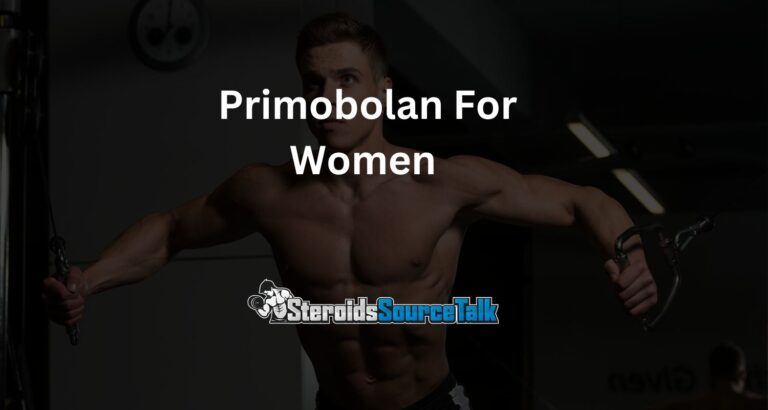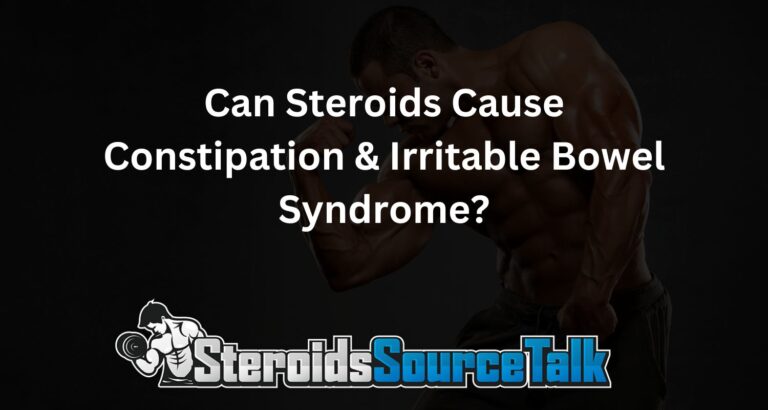HGH vs Testosterone: Understanding the Key Differences and Which Hormone is Right for You
Human Growth Hormone (HGH) and testosterone are two of the most talked-about hormones in the realms of fitness, anti-aging, and hormone replacement therapy. While both play vital roles in muscle growth, metabolism, recovery, and overall well-being, they function through very different biological mechanisms.
Understanding the differences between HGH and testosterone is crucial for anyone considering hormone therapy or seeking performance enhancement. This article explores the unique functions, benefits, and risks of HGH vs testosterone, helping you make an informed decision tailored to your health goals.

HWhat is Human Growth Hormone (HGH)?
HGH is a peptide hormone naturally produced by the pituitary gland. It plays a foundational role in growth, cell regeneration, and tissue repair, making it essential throughout life—not just in childhood.
Primary Functions of HGH:
- Stimulates tissue regeneration and cell repair
- Enhances fat metabolism and body composition
- Supports immune function and energy balance
- Promotes the production of IGF-1 (insulin-like growth factor 1)
Medical Applications:
HGH is FDA-approved for:
- Growth hormone deficiency
- Muscle-wasting conditions
- Anti-aging and metabolic support (off-label in some cases)
How It’s Administered:
HGH therapy is typically given through daily subcutaneous injections, often at night to mimic natural secretion cycles. Alternative delivery forms like sprays or pills are not clinically effective (source).
What is Testosterone?
Testosterone is a steroid hormone primarily produced in the testes (in men) and in smaller amounts in the ovaries and adrenal glands (in women). It is the principal male sex hormone but is also essential in female physiology.
Primary Functions of Testosterone:
- Development of male sexual characteristics
- Increases muscle mass, strength, and bone density
- Regulates libido, mood, and energy levels
- Influences fat distribution and red blood cell production
Medical Applications:
Testosterone is prescribed in testosterone replacement therapy (TRT) for:
- Hypogonadism (low T levels)
- Muscle wasting
- Erectile dysfunction and low libido
Administration Methods:
Testosterone can be administered in several forms:
- Injections (IM or subcutaneous)
- Topical gels
- Skin patches
- Pellet implants
Key Differences Between HGH and Testosterone
| Feature | HGH | Testosterone |
|---|---|---|
| Hormone Type | Peptide (protein-based) | Steroid (lipid-based) |
| Primary Function | Tissue repair, fat metabolism, anti-aging | Muscle growth, libido, strength |
| Production Site | Pituitary gland | Testes (men), ovaries/adrenal glands (women) |
| Administration Method | Injectable only (daily) | Injections, gels, patches, or pellets |
| Muscle Effects | Supports lean muscle and recovery | Stimulates muscle hypertrophy directly |
| Impact on Fat | Promotes fat loss, especially visceral fat | Indirect effect via increased muscle and metabolism |
| Aging-Related Benefits | Improves skin elasticity, joint health, vitality | Boosts energy, libido, and mood |
How HGH and Testosterone Affect Muscle Growth and Body Composition
Testosterone’s Role:
- Directly activates androgen receptors in muscle tissue
- Increases protein synthesis, leading to greater muscle size and strength
- Improves endurance and recovery capacity
HGH’s Role:
- Stimulates liver production of IGF-1, which promotes tissue growth
- Enhances fat metabolism, particularly around the abdomen
- Supports muscle maintenance and injury recovery
Combined hormone therapy may yield superior outcomes by leveraging the unique effects of each hormone. Research shows synergistic benefits in body composition and performance (source).
Which Therapy is Better for Specific Goals?
| Goal | Recommended Hormone Therapy | Why? |
|---|---|---|
| Muscle Size & Strength | Testosterone | Direct anabolic impact on muscle tissue |
| Fat Loss & Recovery | HGH | Enhances lipolysis and supports tissue regeneration |
| Sexual Function | Testosterone | Crucial for libido, erection, and sperm production |
| Anti-Aging & Vitality | HGH | Rejuvenates skin, boosts energy, supports joint health |
| Comprehensive Wellness | Combination of HGH and Testosterone | Balances physical, metabolic, and sexual health |
Side Effects and Safety Considerations
While both hormones have legitimate therapeutic uses, misuse or unsupervised use can lead to significant health risks.
HGH Risks:
- Acromegaly (enlarged bones/joints)
- Insulin resistance and increased risk of type 2 diabetes
- Fluid retention and carpal tunnel syndrome
Testosterone Risks:
- Gynecomastia (male breast enlargement)
- Increased red blood cell count, raising cardiovascular risk
- Mood swings or aggression (in high doses)
Both hormones are classified as controlled substances and banned by the World Anti-Doping Agency (WADA) in competitive sports (WADA guidelines).
Administration and Treatment Differences
| Factor | HGH | Testosterone |
|---|---|---|
| Frequency | Daily injections | Weekly/bi-weekly (injections) or daily (topical) |
| Flexibility | Less must be refrigerated and injected | Mor multiple delivery options |
| Onset of Benefits | Gradual weeks to months | Faster noticeable in weeks for libido and strength |
| Monitoring Requirements | IGF-1 levels, glucose, thyroid | Testosterone levels, hematocrit, PSA |
Common Misconceptions
- Myth: HGH increases testosterone levels.
Fact: HGH does not directly boost testosterone, though it may enhance overall hormonal harmony (source). - Myth: Testosterone and HGH are interchangeable.
Fact: They operate on distinct pathways and serve different physiological purposes. - Myth: Natural supplements can replicate HGH or testosterone therapy.
Fact: Most over-the-counter “boosters” lack evidence and do not deliver clinical-level results.
Conclusion
While both HGH and testosterone play critical roles in health and performance, they are not interchangeable.
- Testosterone is ideal for those seeking increased muscle mass, sexual function, and mood enhancement.
- HGH shines in fat metabolism, recovery, and anti-aging.
In many cases, the combination of both therapies—under expert medical guidance—provides the most balanced and effective results for overall wellness and longevity.
If you’re considering hormone replacement therapy, consult with a qualified healthcare provider to evaluate your hormone levels, health status, and personal goals. Tailored treatments ensure safe, effective outcomes for long-term vitality.

Hi, I'm Dave Moffat the founder and Chief Editor of steroidsourcetalk.com and certified International Personal Trainer and Certified Nutritionist. My passion has always been bodybuilding but with 15 years' experience in weight loss programs too, it's hard not to mention all that when you're working at your fitness level fullest (I hope). When Im not in the gym or spending time away from my family i often think about what advice would help others achieve theirs goals just like these inspired mine.









